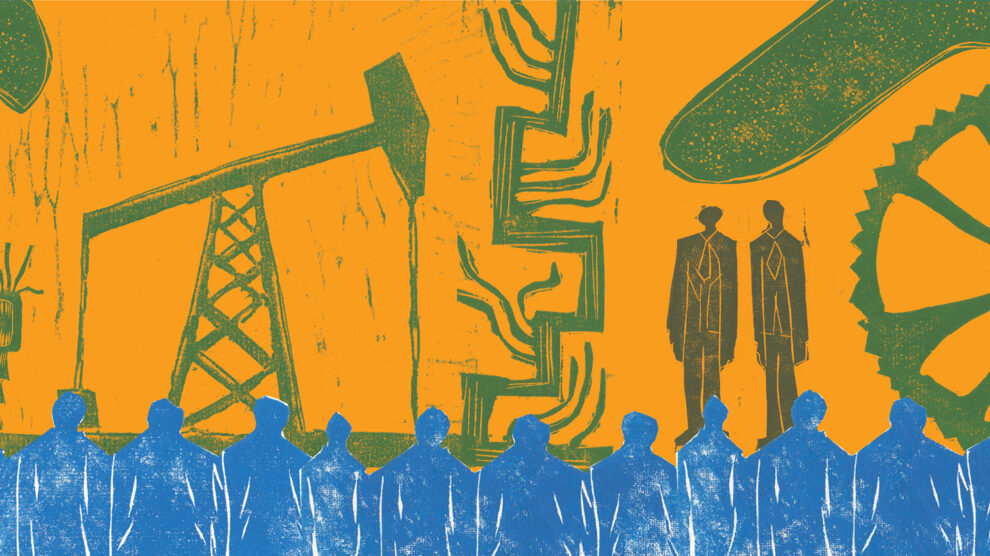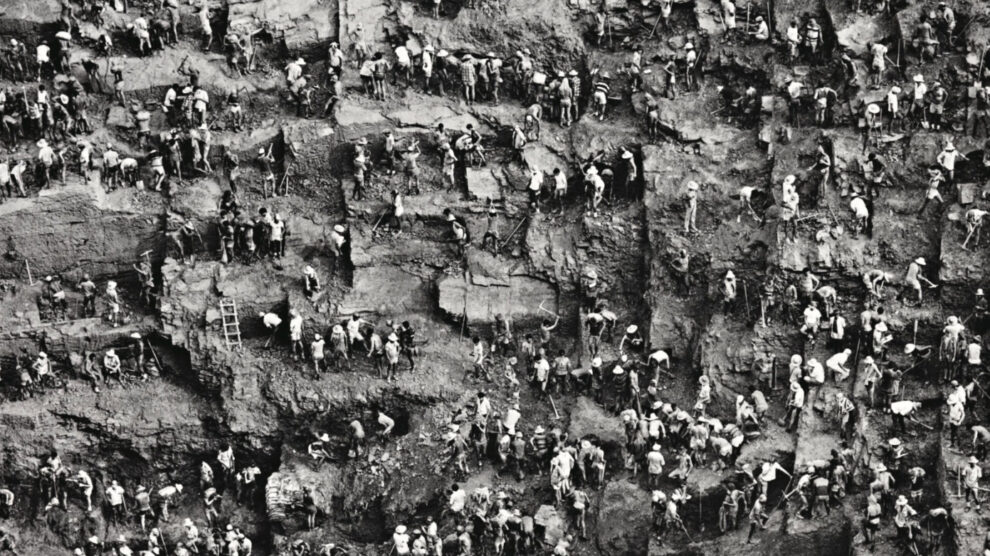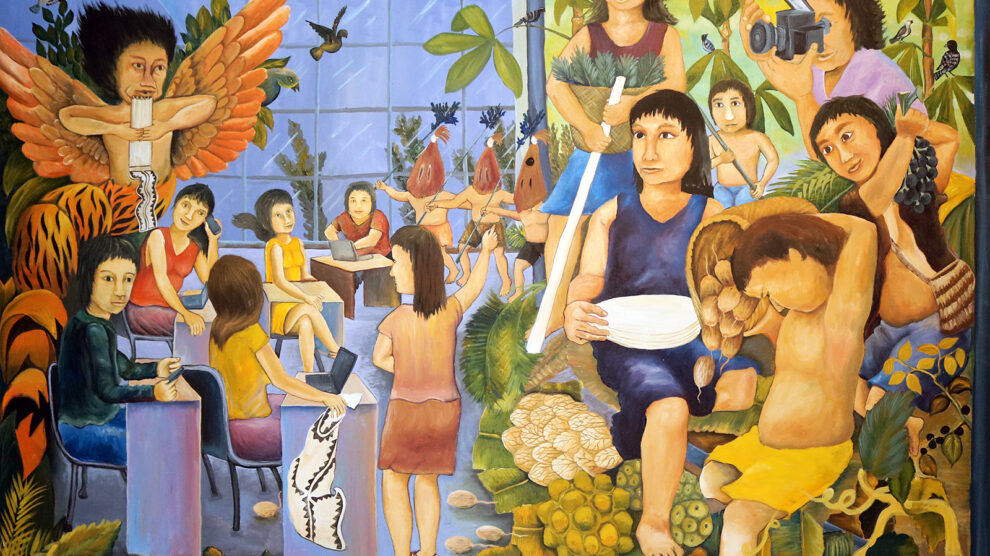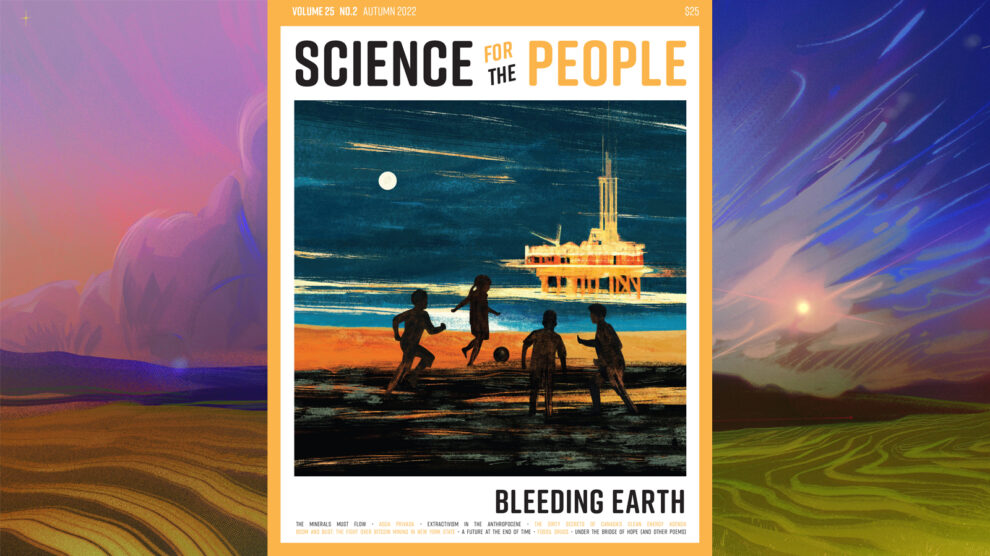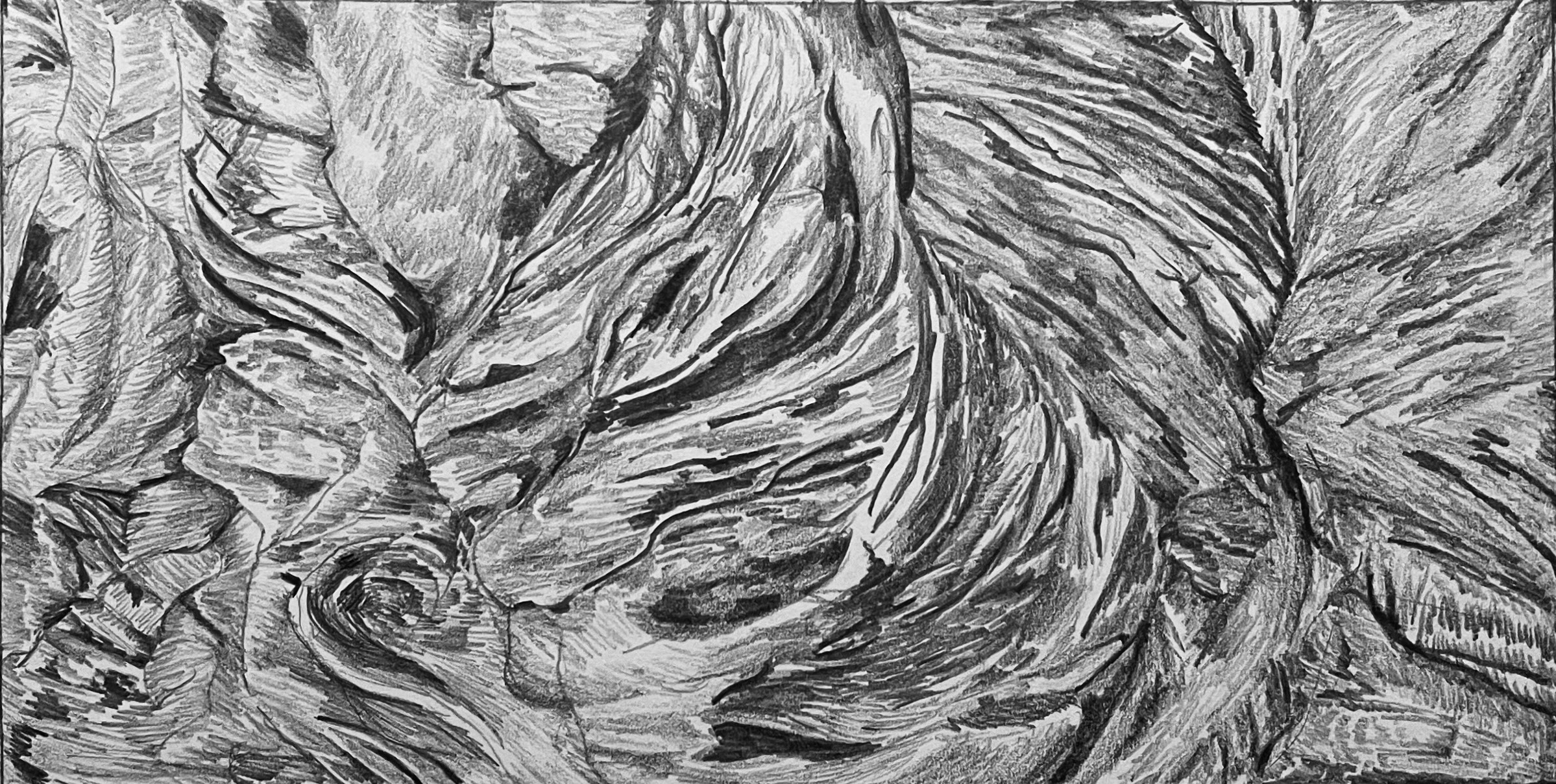
Poetry by Ojo Taiye
Volume 25, no. 3, Killing in the Name Of
I Worry I Won’t Forgive and I Know Why
after Odi Killings, 1999
Beloved, if I titled this poem Yenagoa’s Black
Market, will it bring back my mother’s son?
How long before we discover that the urgency behind
Odi’s mass slaughter is oil rights?
Today, I look at the burnt walls they left behind—
cruelty scrawled with clarity: we will kill all Ijaws.
And I thought of all those ordinary women from
Ogoni, because at this moment they are in one
underground bunker in the bowel of the earth,
organizing stealthily.
I am in love with this kind of resistance;
filled with awe, I gaze at the body of an old man,
still clutching firmly to a copy of the Holy Bible,
lying rotting in a pond behind the Anglican church.
Sometimes the man that will destroy your ancestral
home wears a jackboot. And still, I hold a country to
help me survive, even if I have to borrow forgetfulness.
I AM OGONI AND A CHILD, ALREADY I HAVE
BEEN POLARIZED
Where do I begin again—
I’ve spent my whole life trying to write
the same poem. My white Australian friend
wants to know why I keep calling home
a land of excisions. I’ve tried to write what
I think I know, but oh, how history hurts.
Let it be known, we were loud in our resistance.
What claims proprietary over me is this truth.
How treacherous people are. My father became
a gallow bird in a kangaroo court. From the
shoreline, all I can hear is run—this place is
a dead zone—violence erupting like a second
civil war. Erasure needs no translation.
This is a junta thing and a conquer thing and
a carnage thing and an ethnic thing; this is a
minority thing and a thing about greed. A thing
about water, wine and blood in a country that
keeps squelching me, you and then fishes—
the correct fury of swamp dwellers. It is sad but our
pains peddled for donation.
Let this never go shush—I was born here, and
I return to the creek, again as I often do, by
way of the trauma enacted upon my mother’s
body. And when I touch the dead periwinkles
covered in oily mud, I feel her pulse, and I
hear it again, in the undercurrent of the stream
—my mother standing on the pier at the water shore,
telling the sea, I am a cemetery for holes.


